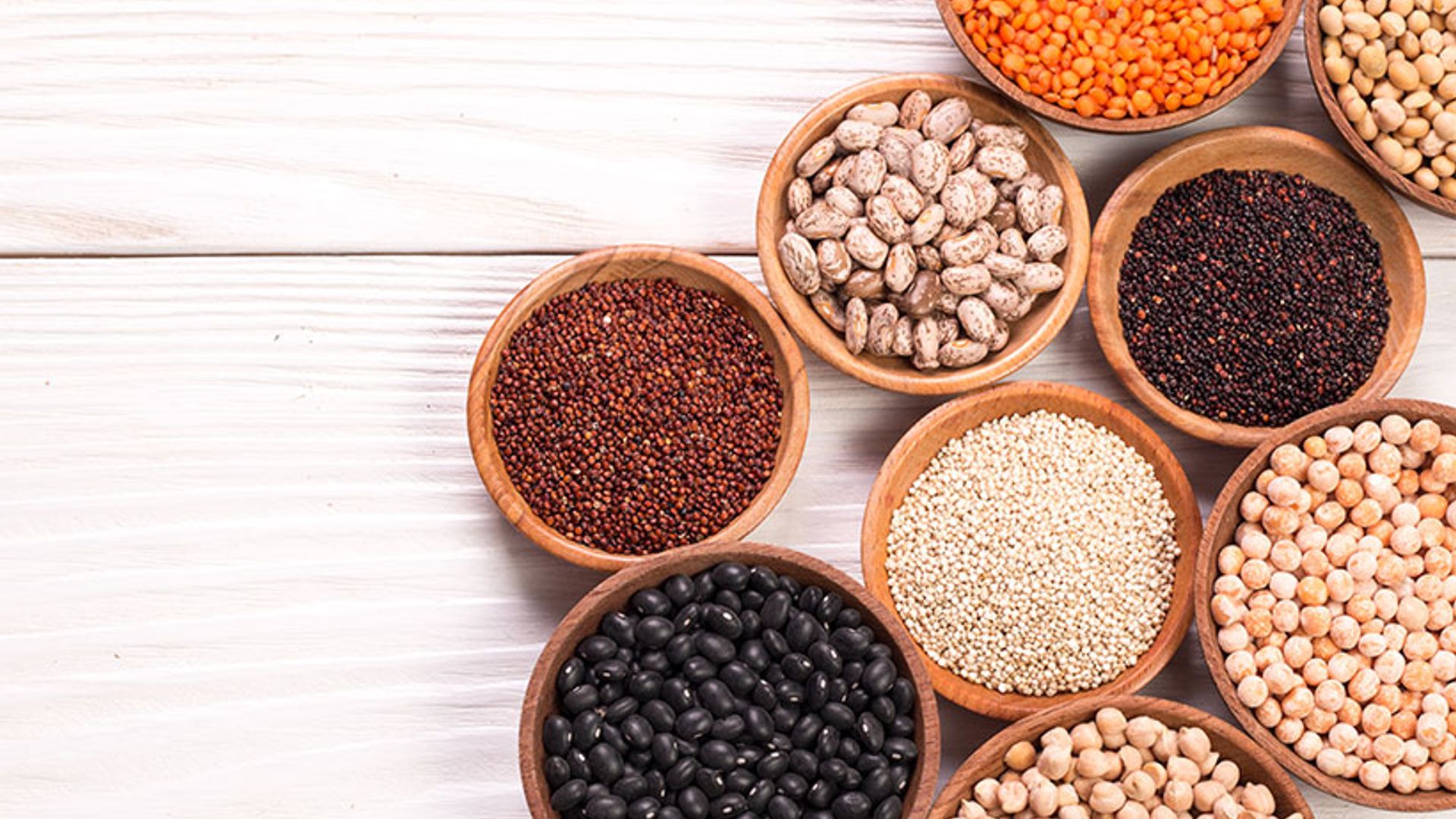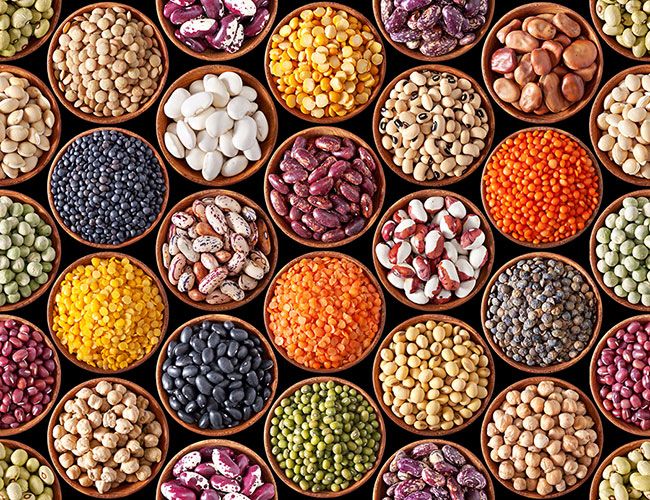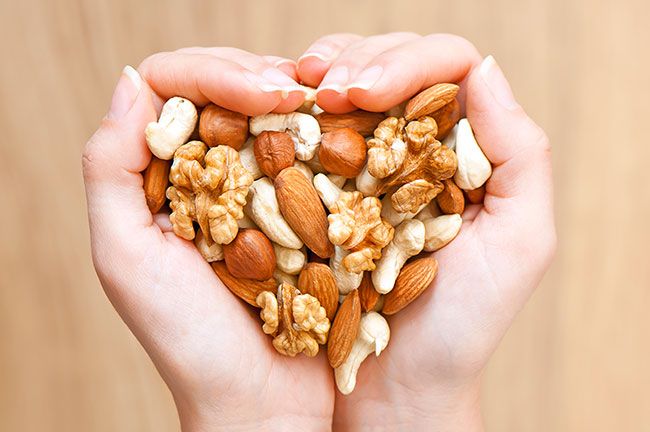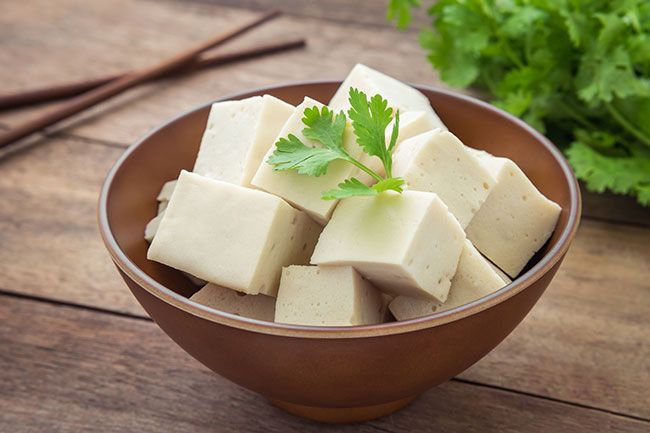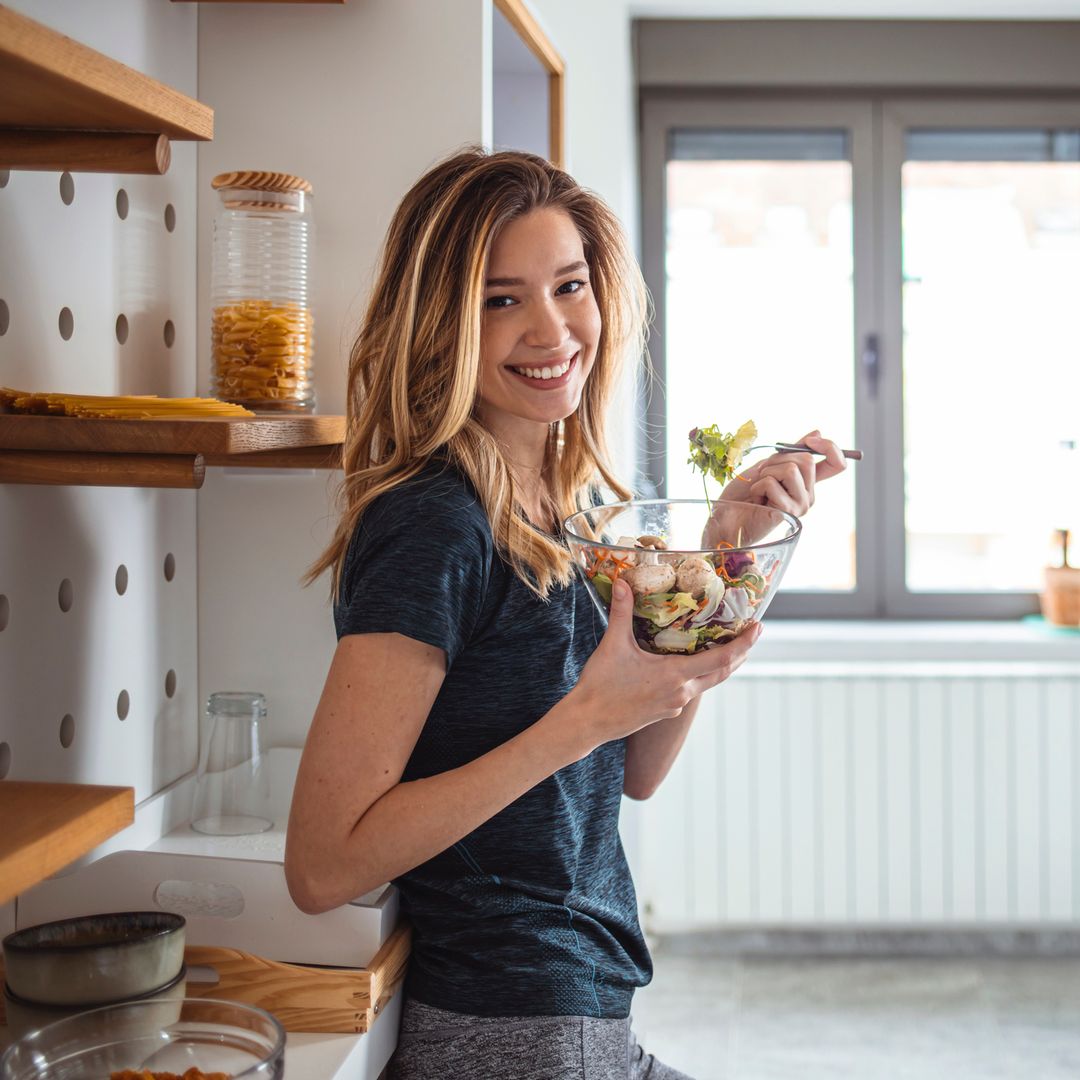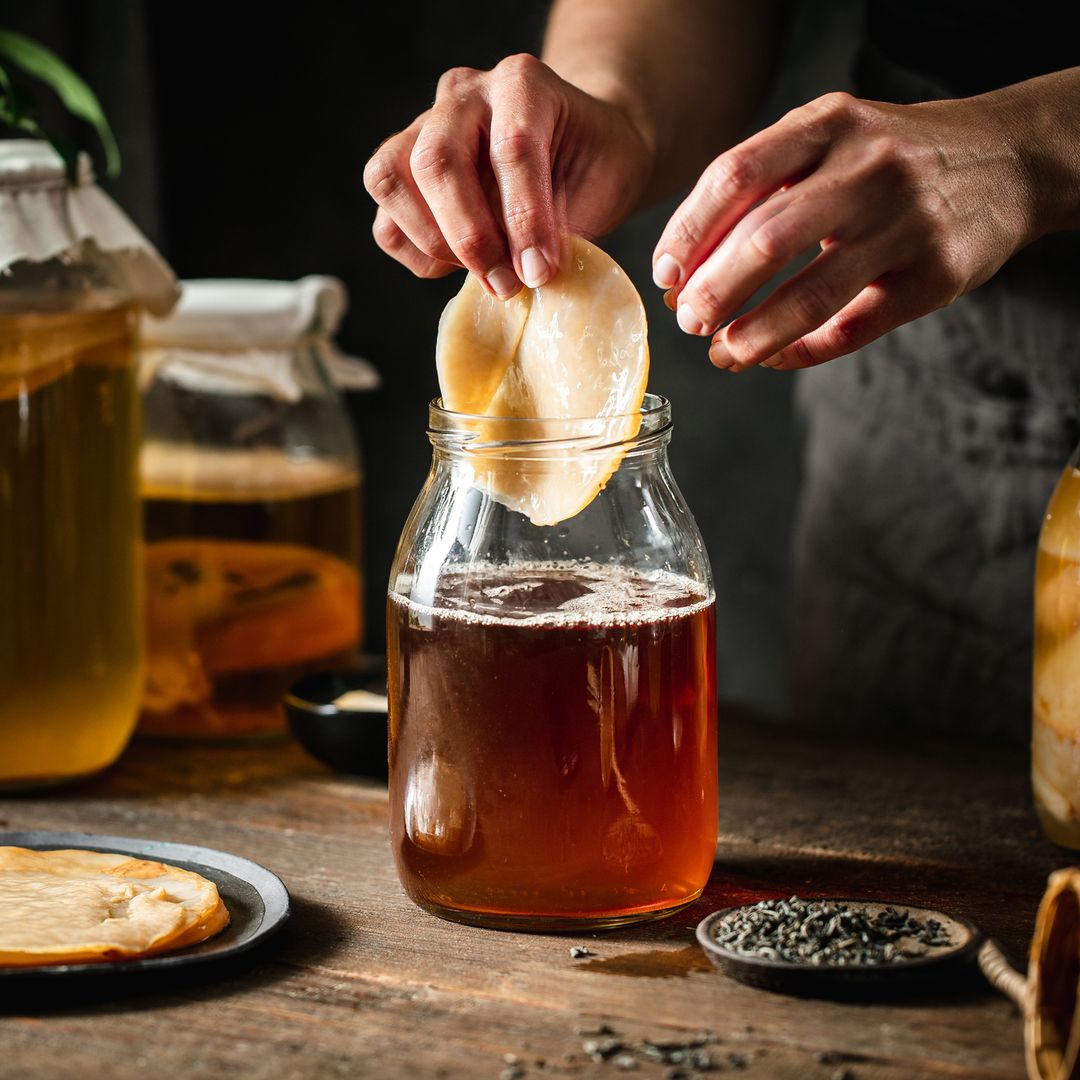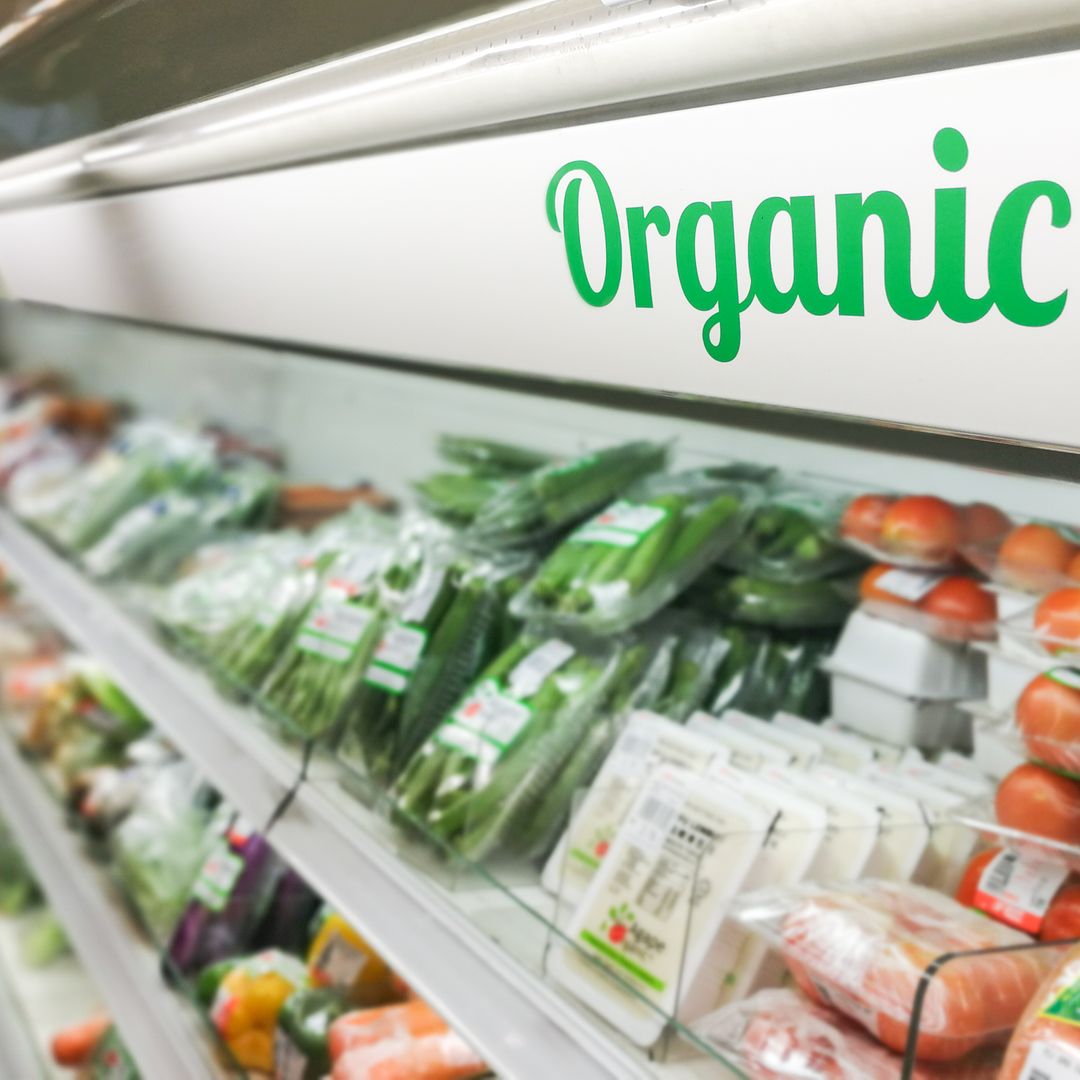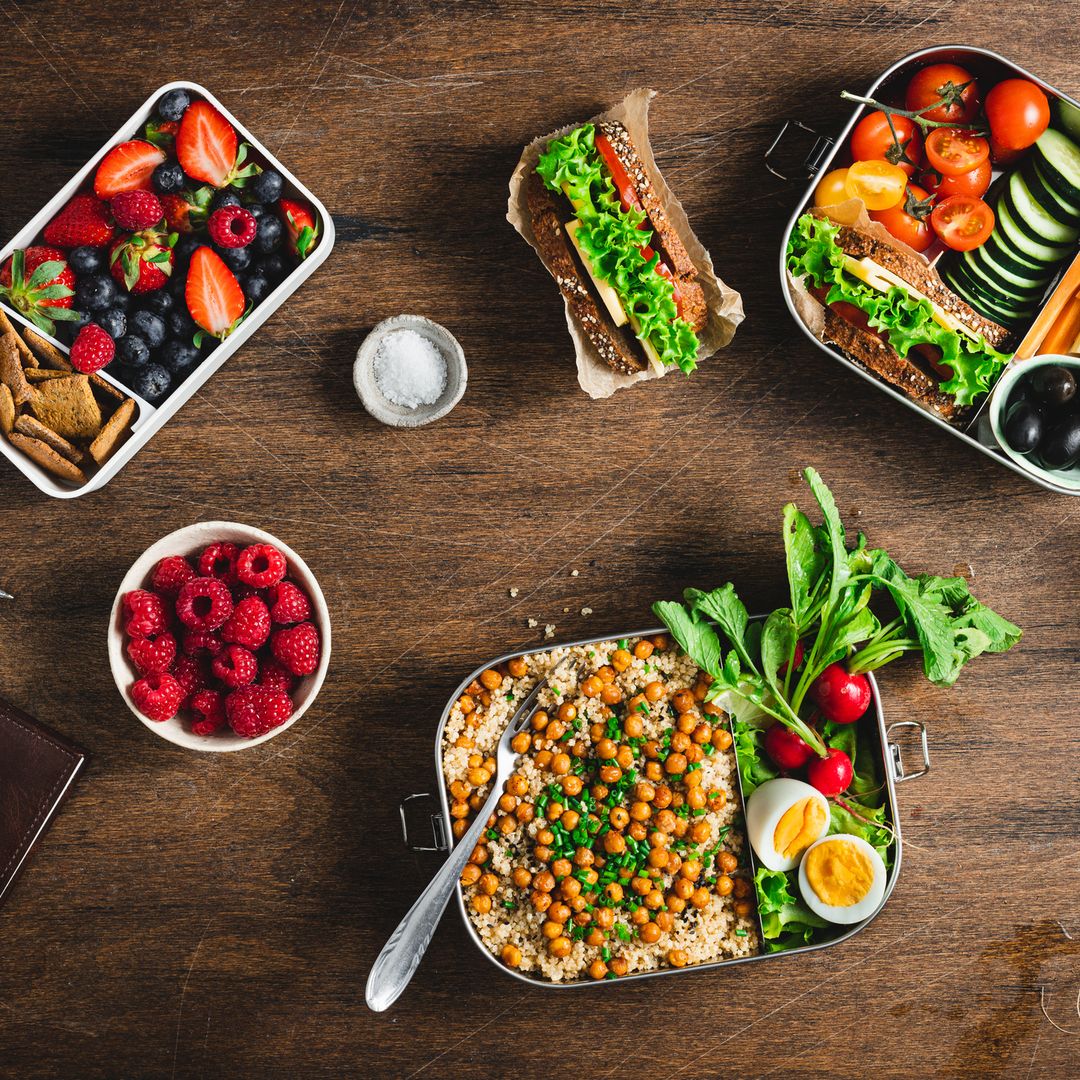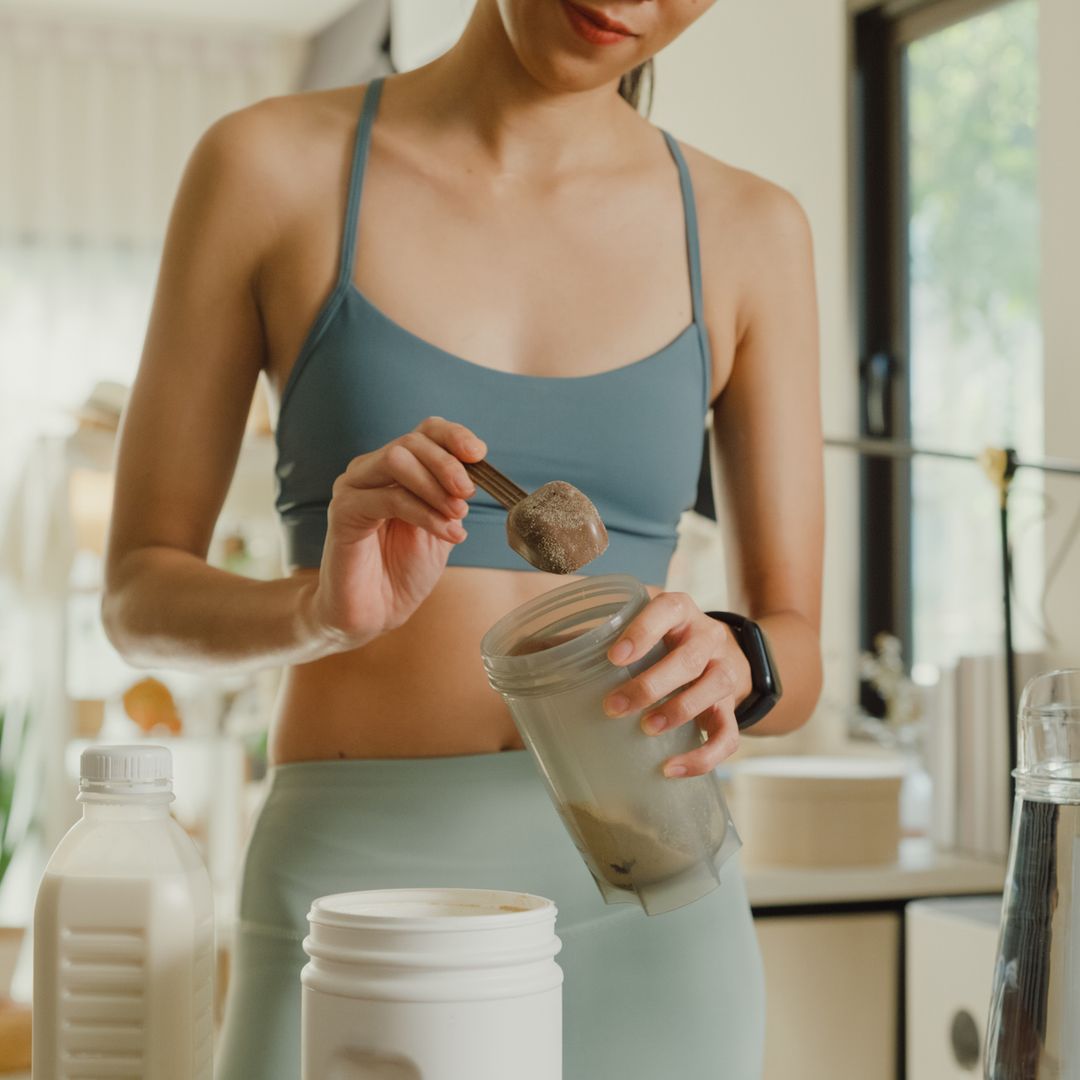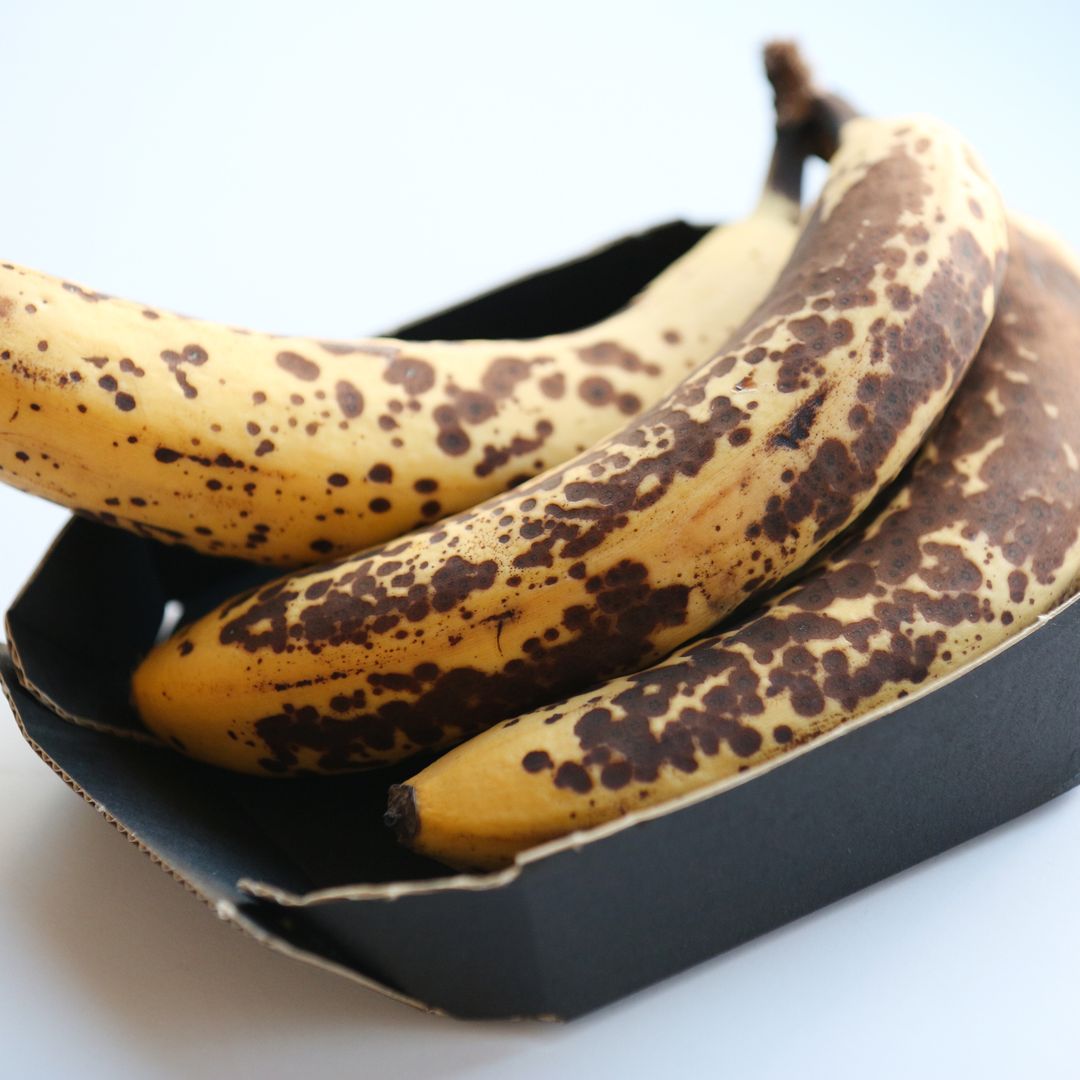Protein. It's a word that in today's society means everything. Over the past few years we've become increasingly obsessed with incorporating more protein into our diets and more recently there has been a growing interest in animal-free protein sources. Whether you're a vegan, vegetarian or full on meat eater, we can all benefit from plant-based protein sources. They're a great way to bulk up and reinvent a dish, as well as generally being lower in saturated fat and a 'cleaner' source of protein than chicken, beef etc. Julian Gaine, inventor of revolutionary portion control kitchen gadget MealKitt shares his top six plant-based proteins:
Lentils
Contain the highest percentage of protein found in any plant-based food, with 100g of lentils containing 26g of protein. They are a good source of essential amino acids and are a great substitute in most dishes, especially those which are heavily seasoned as they absorb flavours well and are very filling.
Lentils and legumes are a good way of ensuring you're eating enough protein
Spirulina
Is a type of algae that can be grown in both salt and fresh water, but is most commonly consumed in the form of a dried powder. Just 1 teaspoon of this powder is just 20 calories and contains 4g protein, and has a variety of other beneficial nutrients, including both anti-inflammatory and anti-oxidant qualities. It is best consumed by adding it to a smoothie or protein shake to boost the nutrient levels.
STORY: Flexi-dining restaurants where vegans and meat eaters can eat together
Hemp Seeds
Are a great protein source, as more than 25% of their total calories are from high-quality protein. This is higher than foods within its category such as flaxseeds and chia seeds. Hemp seeds are also a source of healthy fats, including both omega 3 and omega 6 oils. Sprinkle them in a salad instead of nuts or make your own dairy-free hemp seed milk buy combining with water in a blender and straining.
Nuts and seeds are also great sources of protein
Nuts
Are another good source of protein, but must be eaten in moderation due to their high fat content. Different types of nuts will have different benefits, for example 100g of almonds contains 22g protein and are calcium rich which is especially beneficial for those avoiding dairy in the diet. 100g of hazelnuts contains 15g protein and are high in magnesium, which is good for muscle and bone repair. Cashew nuts contain 18g protein per 100g and are rich in copper which promotes healthy hair growth.
Kidney Beans
Can be another great substitute for meat in dishes such as stews as they are filling and packed full with protein, fibre and vitamins. They contain 9g of protein per 100g and have both anti-oxidant and anti-ageing powers.
MORE: 10 things you need to know about going vegan
Quinoa
Has definitely been the superfood of the decade and there's no stopping it yet. It contains 13g protein per 100g and is the perfect addition to a salad, or a great substitute for rice in a risotto. It has been named the 'Mother of all Seeds' by the Inca Empire and the UN named 2013 as the year of quinoa.
Tofu, tempeh and edamame
Soy products are one of the richest sources of protein for vegans, and are a versatile addition to a plant-based diet. Tofu is one of the most common meat substitutes, and takes on the flavour of the dish it is being prepared in, so can be used in a vast array of meals. The protein content varies with how the soy is prepared, but you can expect to find about 8g per 100g of tofu, and 19g per 100g of tempeh.
Green peas
Who’d have thought it! The humble green pea is actually a great source of protein – with 5g of plant protein per 100g. What’s more, they pack a nutritional punch, providing more than 25 per cent of your daily fibre, vitamin A, C and K requirements. They’re also a good source of magnesium, B vitamins and most importantly, iron, which many vegans may become deficient in.
Now you know what to eat, it is just as important to keep track of how much you are eating with the help of MealKitt (available at mealkitt.com)
Like this story?Sign up to our newsletter to get other stories like this delivered straight to your inbox.
